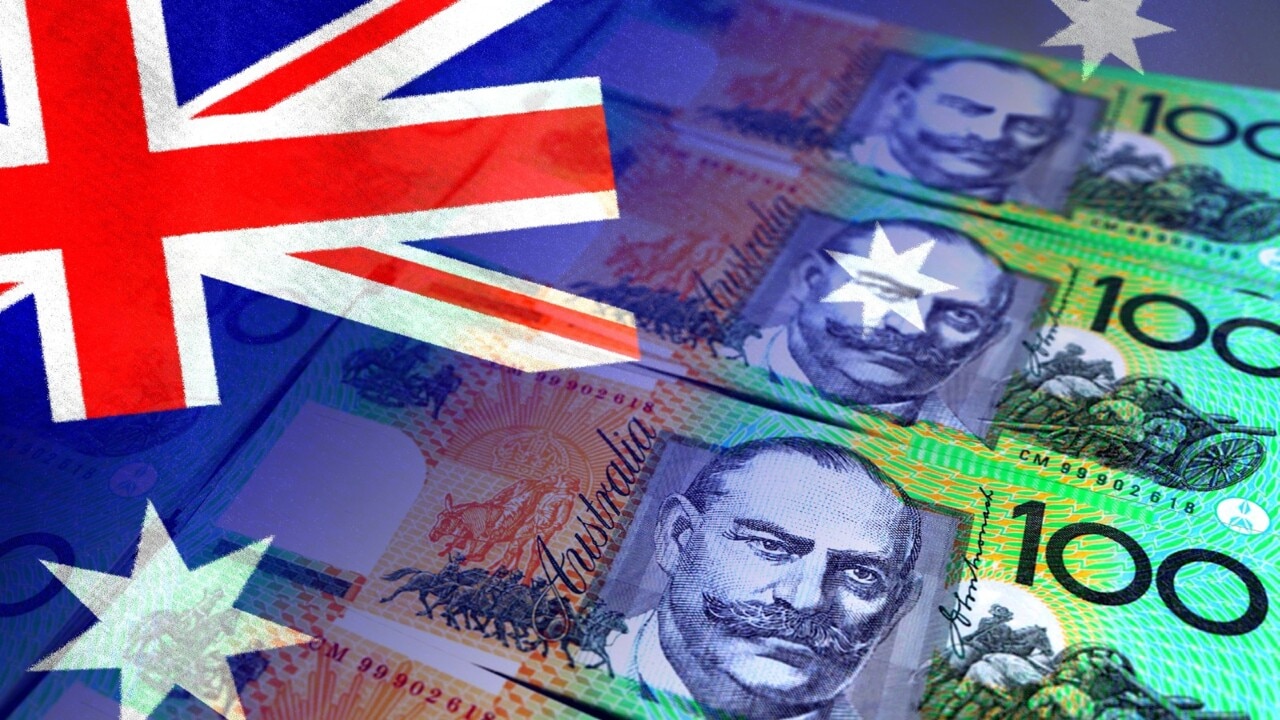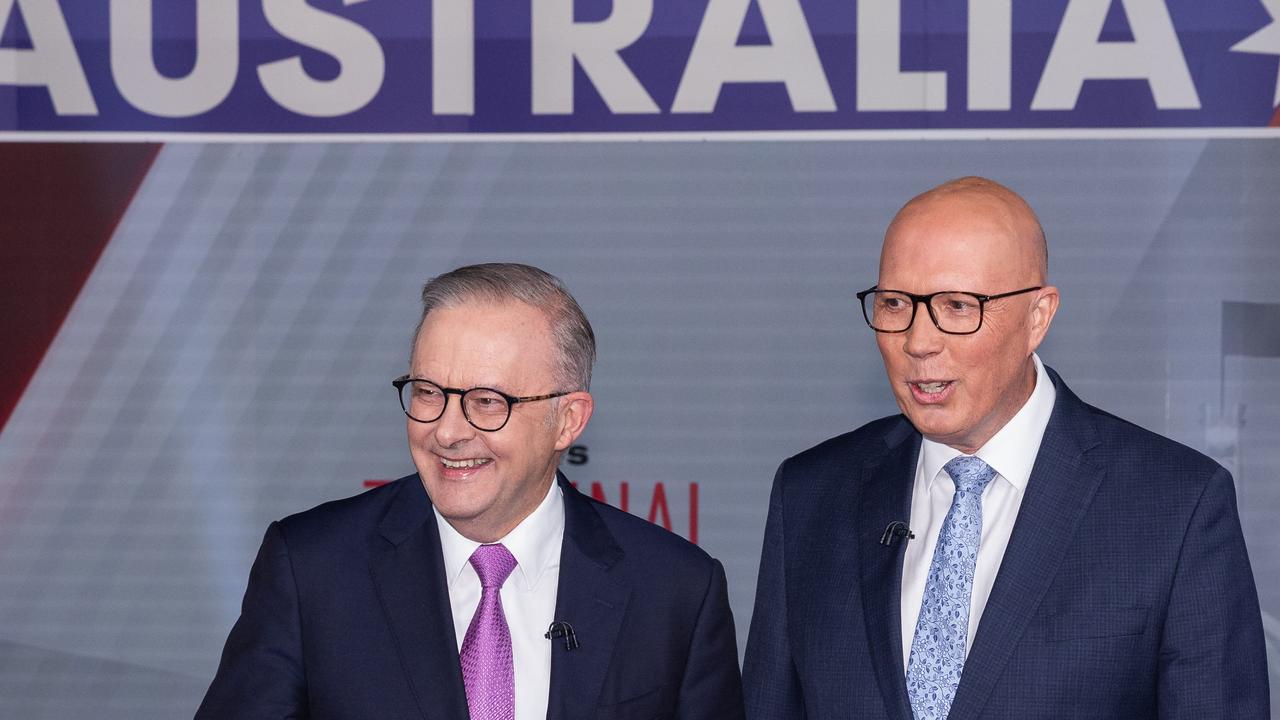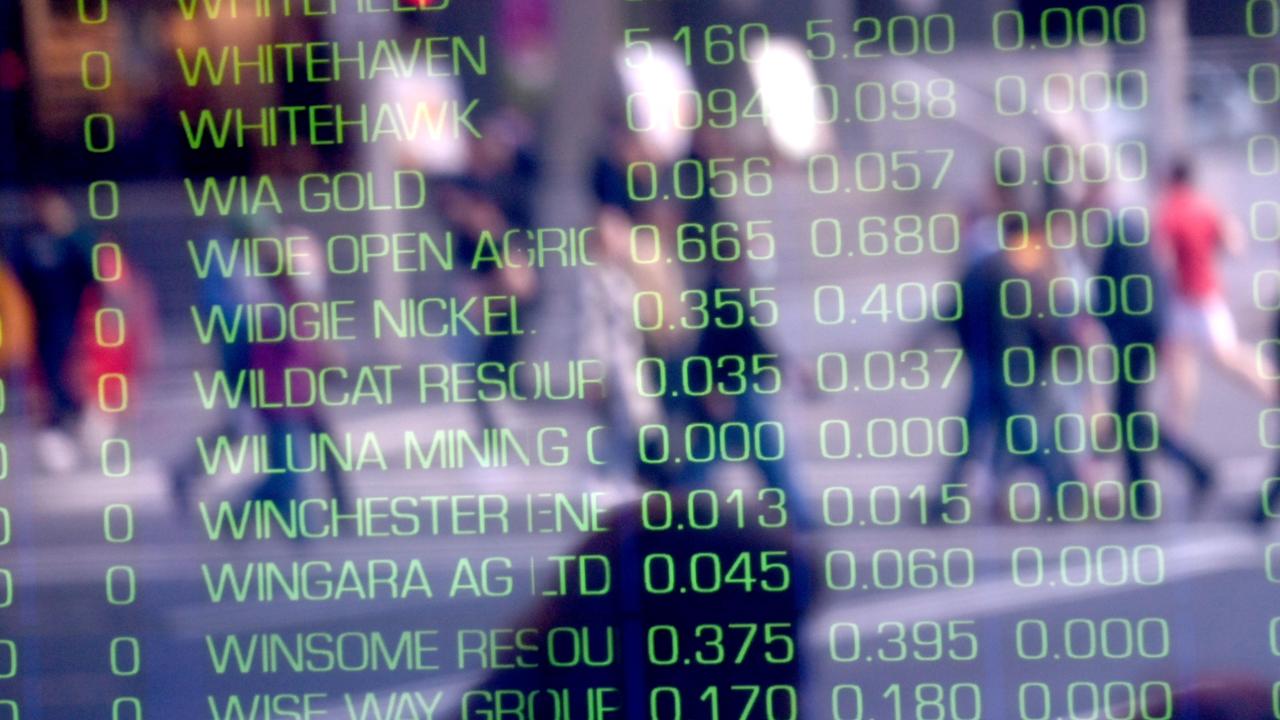Fresh quarterly inflation figures key to rate cut clues
All eyes will be on fresh inflation data to be released on Wednesday which will be critical to the Reserve Bank’s deliberations on rate cuts.

The hopes of millions of household borrowers are hinging on the release of fresh inflation data on Wednesday, with the figures set to provide clues on whether the Reserve Bank can deliver rate cuts this year.
According to consensus forecasts, the consumer price index, a measure of goods and services prices across the economy, is expected to accelerate to 0.8 per cent in the March quarter, up from 0.6 per cent in December.
This would take the headline inflation rate to 3.5 per cent in the year to March, down from an annual reading of 4.1 per cent recorded in December.
The RBA’s preferred measure of underlying price pressures – trimmed mean inflation, which strips out volatile items such as food and petrol – is also expected to ease to 3.0 per cent in the year to March.
But even as measures of headline and trimmed mean inflation are expected to continue easing, RBC Capital Markets chief economist Su-Lin Ong said the RBA would be monitoring progress in prices in labour-intensive services including education, insurance and health.
“These are the components of CPI that appear stickier and a bit more persistent,” Ms Ong said.
While services inflation, currently at 4.5 per cent, would likely moderate Ms Ong added, it still remained well above the central bank’s 2 to 3 per cent target band.
“Global trends are along those lines, everywhere is having a little bit of trouble with the services side of things,” she said.
“The Reserve Bank, as [with] many central banks – that’s the kind of components of inflation that they’re watching a bit more closely.”
Amid a recent run of stronger than expected jobs numbers, HSBC chief economist Paul Bloxham cautioned that the labour market would likely have to loosen before the RBA was confident it could move to cut interest rates.
“We’ve had a pick-up in wages growth, at the same time that we’ve had quite a weak productivity performance,” Mr Bloxham said.
“That means that business costs are rising, that feeds through to higher inflation.
“If that’s combined with still quite elevated services inflation, there’s been very, very little reason for the RBA to consider rate cuts anytime soon.”
However, Westpac chief economist and former RBA assistant governor Luci Ellis said wages pressure was likely to ease in the near-term, which would help ease inflation.
“What we are not seeing is additional resilience in wages growth,” she said.
Citing more modest wage outcomes across enterprise agreements, public sector wage outcomes, and the likelihood of a more conservative result from the upcoming annual wage review, Dr Ellis said the expected trajectory on wages growth was “well and truly” in line with the RBA’s expectations.
“As long as overall wages growth lands in the you know, with a three in front of the decimal place, you’re in a good position to sustain inflation in the middle of the target range.”

RBA officials have been confident that the economy can achieve a so-called soft landing, that is returning inflation to its 2 to 3 per cent target without triggering a recession.
Hotter than expected US inflation figures released earlier this month, prompted investors to defer their local rate cut bets amid concerns that Australia could similarly see a rebound in prices.
Money markets are now fully priced for a 25 basis point rate cut from 2025, a move that would bring the official cash rate to 4.1 per cent.
But Dr Ellis said the RBA was unlikely to take its cues from the United States, where economic growth and consumption had outstripped Australia.
“The RBA will be mindful of the lesson to be drawn from the US experience – that in certain circumstances, inflation can be even stickier than you expect,” she said.
“But every other country is seeing, you know, in our peer group, other than New Zealand, is seeing inflation travel broadly as they were hoping.
“The US is an outlier.”
Wednesday’s CPI report at 11.30am will be one the last major economic releases ahead of the RBA’s next interest rate decision, scheduled for May 7.
The central bank is almost unanimously expected to hold rates steady at 4.35 per cent for a fourth consecutive board meeting.



